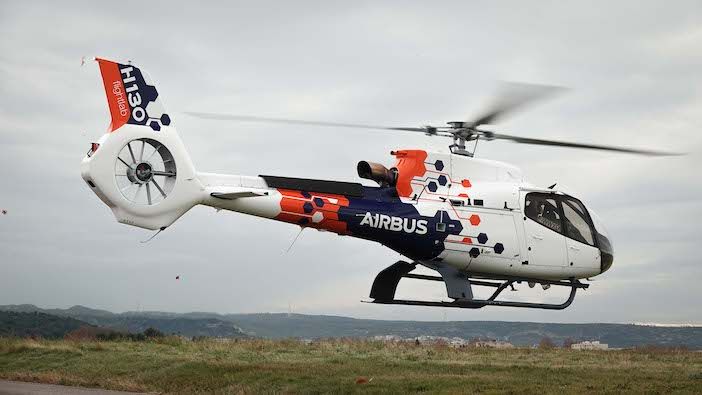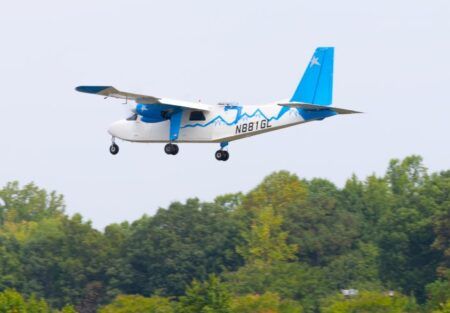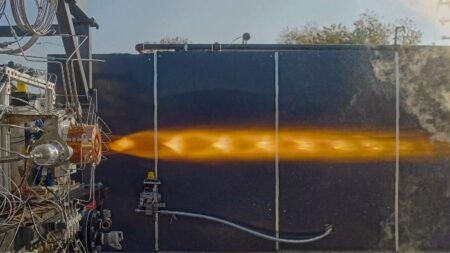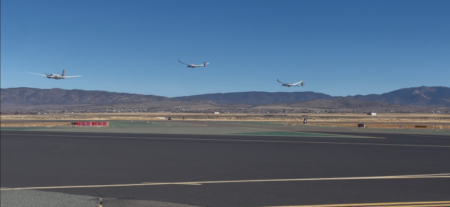Airbus Helicopters has revealed its Flightlab helicopter, a flying testbed that its engineers are using to develop technologies for hybrid and electric propulsion, autonomy and noise reduction and maintenance and flight safety.
The Flightlab more quickly tests technologies that will later be equipped on Airbus’ current helicopter range, and future systems for future fixed-wing aircraft or eVTOL (electric Vertical Take Off and Landing) aircraft.
Bruno Even, Airbus Helicopters CEO said, “Investing in the future remains essential, even in times of crisis, especially when those innovations bring added value to our customers by targeting increased safety, reduced pilot workload, and reduced sound levels.
“Having a dedicated platform to test these new technologies brings the future of flight a step closer and is a clear reflection of our priorities at Airbus Helicopters.”
The Flightlab has been in use since last April when it was used to measure helicopter sound levels in urban areas and to study how buildings may affect people’s perception. Preliminary results showed that buildings play an important role in masking or amplifying sound levels and these studies will be instrumental when the time comes for sound modelling and regulation setting, especially for Urban Air Mobility (UAM) initiatives.
A test program in December was then conducted to evaluate the Rotor Strike Alerting System aimed at alerting crews about the imminent risk of collision with the main and tail rotors.
Projects planned this year with the Flightlab include the testing of an image-detection solution with cameras to enable low altitude navigation, the viability of a dedicated Health and Usage Monitoring System for light helicopters, and an Engine Back-up System, which will provide emergency electric power in the event of a turbine failure.
Test programs planned for 2022 will evaluate a new ergonomic design of pilot flight controls intended to further reduce pilot workload, which could be applicable to traditional helicopters as well as other VTOL formulas such as UAM.
Airbus already has several well-known Flightlabs such as the A340 MSN1, used to assess the feasibility of introducing laminar flow wing technology on a large airliner, and the A350 Airspace Explorer used to evaluate connected cabin technologies inflight.





